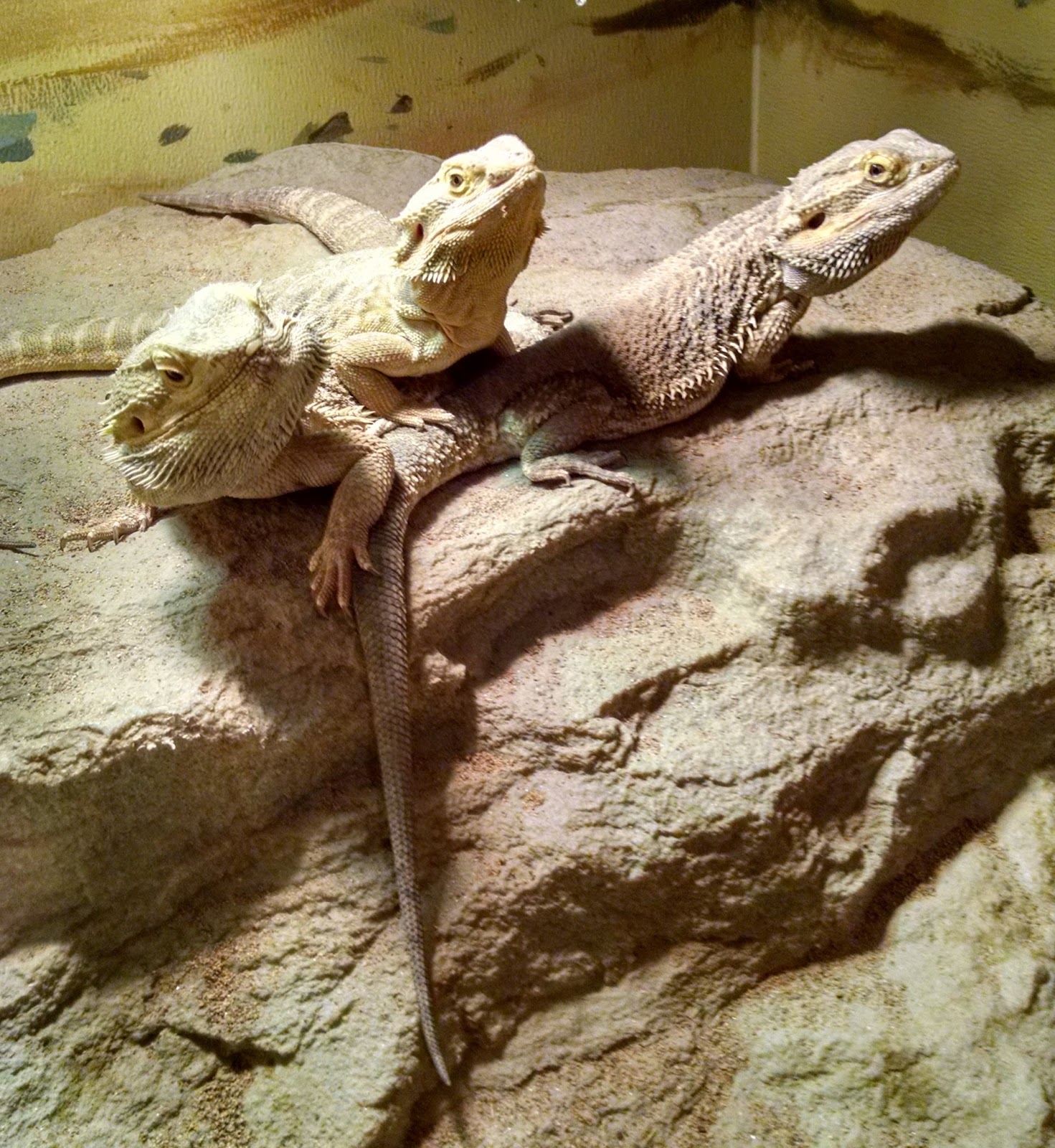Why Does My Bearded Dragon Shake? Here are the Top Reasons You Should Know!
Introduction
Bearded dragons are fascinating and friendly lizards that make excellent pets. They’re docile and easy to care for, making them perfect for beginners. However, you may notice your bearded dragon shaking, and you’re wondering what that means. In this blog post, we’ll explore the reasons why your bearded dragon may be shaking and what you can do about it.
Possible Reasons Why Your Bearded Dragon is Shaking
1. Brumation
Bearded dragons undergo a period of hibernation called brumation, which may lead to shaking. During this time, they may become less active and eat less often. This process is completely normal and can last anywhere from a few weeks to a few months.

2. Stress
Like humans, bearded dragons may experience stress. Moving to a new habitat or adjusting to a new diet may cause your bearded dragon to shake. They may also become stressed if they feel threatened or if their environment is too hot or cold. To reduce stress, ensure your pet has a stress-free environment, proper temperature, and a balanced diet.

3. Illness
Shaking can also be an indication that your bearded dragon is ill. Internal parasites, metabolic bone disease or other health conditions can lead to shaking, among other symptoms. If you notice other signs of illness, such as lack of appetite or lethargy, take your bearded dragon to a veterinarian as soon as possible.

What to Do When Your Bearded Dragon is Shaking?
If you think your bearded dragon is shaking due to stress or brumation, there’s typically no need to worry. In most cases, the shaking is temporary and will stop on its own. To minimize stress, ensure they have a peaceful environment with enough heat and light.
However, if you suspect illness, you should take your bearded dragon to a veterinarian immediately. Delaying may lead to serious health consequences for your pet.
Conclusion
In conclusion, bearded dragons are complex pets that require a suitable environment, diet, and care. Shaking in bearded dragons can be due to brumation, stress or illness. While brumation and stress may not be a serious problem, you should take your bearded dragon to a veterinarian if they show any signs of illness. By providing your bearded dragon with proper care and attention, you can help them live a long and healthy life.
